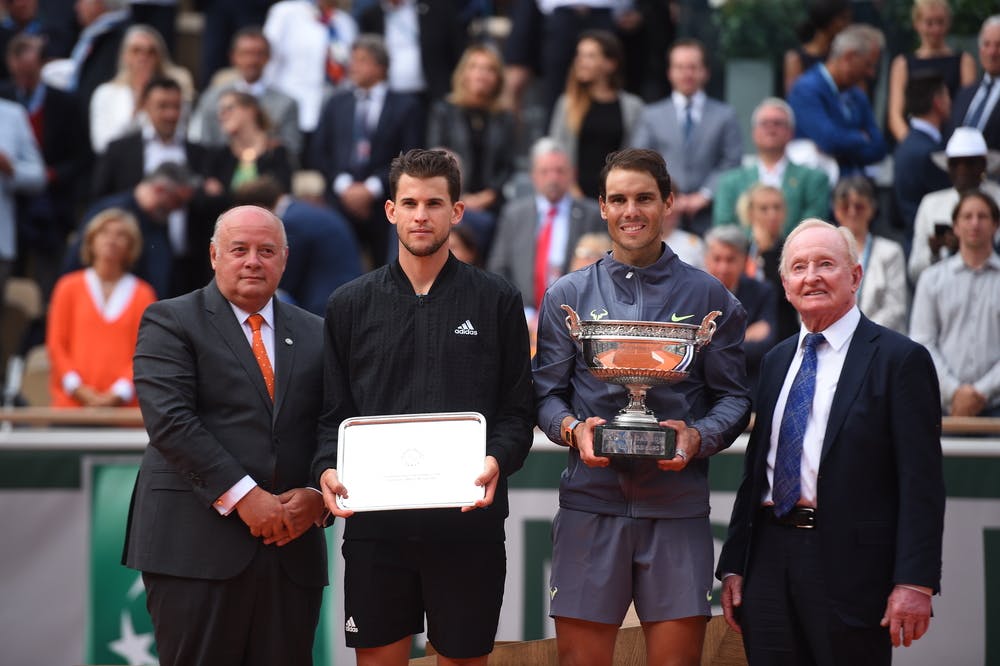Federer reignites a love affair with Paris
The crowd on a blustery Court Philippe-Chatrier gave a vanquished Federer an almighty rousing ovation as he waved goodbye, following a semi-final defeat to Nadal.
The Swiss, in his first Roland-Garros campaign in four years, was pleasantly surprised at his run to the last four. But at 37, there was a hint this may end up being his adieu to Paris.
“[The] crowd support couldn't have been better,” Federer said. “Maybe one of the best ever in my entire 20-year career that I have been on tour at a slam.
“I think I surprised myself maybe how deep I got in this tournament and how well I actually was able to play throughout.
“And next year, just like with any other tournament, I don't know. We'll see what happens. But I definitely enjoyed the clay-court season and Roland-Garros, so that would help the chances, I guess, to return to the clay.”
 ROLAND-GARROS
19 May - 8 June 2025
ROLAND-GARROS
19 May - 8 June 2025


 ©Corinne Dubreuil / FFT
©Corinne Dubreuil / FFT